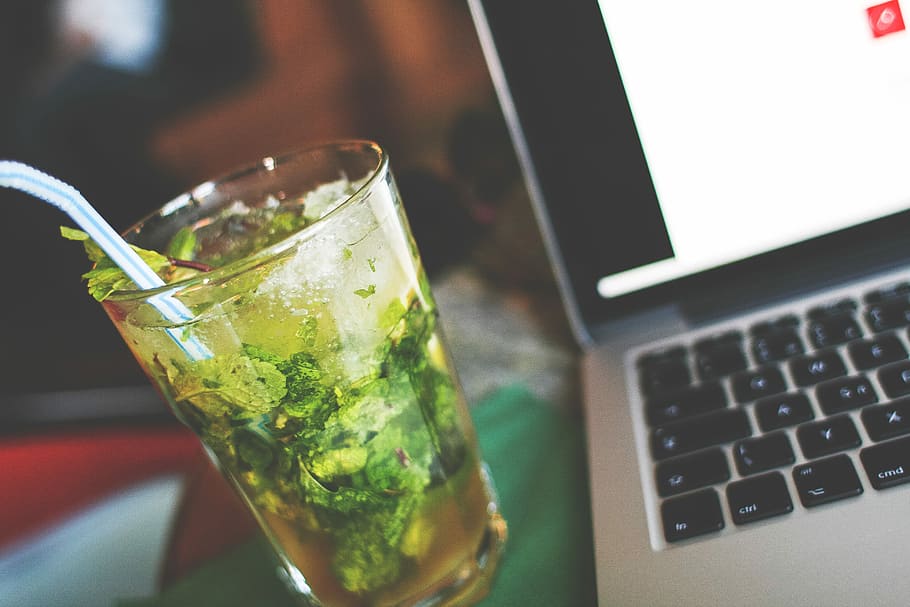Poland’s parliament is to debate a bill proposing to make it legal for companies to sell alcohol online and deliver it to customers.
The legislation, prepared by opposition MPs, aims to remove what its proponents say is an outdated law and to support businesses that have struggled to survive as a result of the coronavirus crisis.
But the government has already signalled its opposition to changing the current law, which dates back to 1982. It says that restricting alcohol sales is in the interests of public health.
In their justification for the new bill, MPs from the Polish Coalition (an alliance of the agrarian Polish People’s Party and the right-wing Kukiz’15 movement) emphasise the importance of internet sales to small businesses.
They warn that “the craft alcohol sector, which has changed the profile of alcohol consumption in Poland and the preferences of the Polish consumer, now faces imminent bankruptcy”.
“Businesses trading in alcohol today have the chance to open new sales channels, but the regulations in place mean that making use of these leaves them liable to serious penalties,” they add, quoted by Wprost.
When the current law was passed almost 40 years ago, at a time Poland was under communist rule, we were in a “completely different system and economic and technological situation”, continue the authors.
The 1982 law on sobriety and prevention of alcoholism forbids companies granted a licence for retail of alcohol from making sales outside of their premises. Contravening the terms of the licence carries a financial penalty as well as a three-year ban on selling alcohol, reports Polsat News.
The current regulations on online alcohol sales are a grey area in Polish law. According to Poradnik Przedsiębiorczy, a business advisory website, various interpretations are possible, and although sales as such are not prohibited, companies are not allowed to deliver alcohol. Licensed businesses are also obliged to check customers’ age and sobriety.
Online shopping websites in Poland, including supermarkets’ delivery services, generally do not sell alcohol, although some specialist retailers exploit loopholes to get around the current laws.
Poradnik Przedsiędbiorczy notes, for example, that some emphasise in their regulations that clients are not purchasing but merely reserving alcohol, which may then be delivered by a third party.
The legislation now proposed by MPs would only allow businesses with a physical presence and a licence for alcohol retail to sell their goods online. Solely internet-based alcohol shops would therefore be prohibited.
“This solution will therefore not increase the availability of alcohol by adding to the number of sales points, but only make it possible for entities that have such a licence anyway to sell their products,” says the justification of the bill.
The MPs backing the legislation say that such a model already operates in most European Union member states, and that those countries which previously banned online alcohol sales included such measures in their anti-crisis packages to support businesses.
However, the government has already made clear that it does not support a change to the law. Last month, Marek Niedużak, a deputy development minister, said that they supported removing administrative barriers and restrictions to enterprise, but that health concerns outweighed business interests in this case.
“It is important to stress that the existing laws differentiate alcohol from other products on account of the public interest. In this respect, the health of citizens has clear priority over economic or business aspects,” he said, quoted by Wiadomości Handlowe.
Niedużak added that it was important to maintain controls to limit access to alcohol, especially for minors. After the bill was submitted to the Sejm, the lower house of the Polish parliament, he reiterated that “the government’s position is negative”, reports Fakt24.
Household spending on alcohol as a percentage of income in Poland is double the EU average and lower only than the Baltic states. In 2018 Poles consumed the equivalent of 12 litres of pure alcohol each, according to Dziennik Prawny.
Poland has an average of one shop selling alcohol per 300 people, while in Warsaw the figure is one per 350 people. In total, Warsaw has around 3,000 shops selling alcohol – more than in the whole country of Sweden.
A number of measures have been proposed and implemented at national and local levels over the years in a bid to curb excessive drinking. Last year, the State Agency for the Prevention of Alcohol-Related Problems proposed new minimum alcohol prices. Drinking in “public places” not including licensed premises is illegal in Poland, and violators are subject to a fine of 100 zloty (€23).
New data from @EU_Eurostat on how much households spend on alcohol across the EU pic.twitter.com/HfqVPZdjSf
— Notes from Poland 🇵🇱 (@notesfrompoland) December 6, 2017
This article has been corrected to remove the erroneous claim that World Health Organisation guidelines recommend that one alcohol shop per 1,000-1,500 people is sufficient.
Main image credit: Flickr/Sven Seiler (under CC BY-NC-ND 2.0)

Ben Koschalka is a translator, lecturer, and senior editor at Notes from Poland. Originally from Britain, he has lived in Kraków since 2005.




















